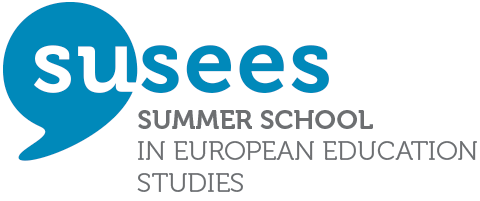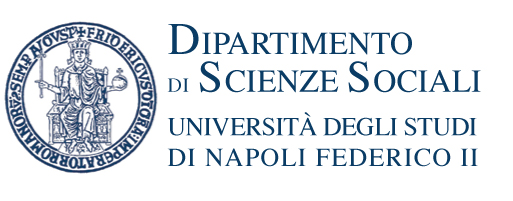Romuald Normand
Description
The teaching activity will be divided into two blocks of 2 hours each. First, the lecture situates the transformations of epistemic governance in European education and the way in which some actors are shaping new knowledge which is in turn impacting on other actors in charge of implementing this knowledge in the context of the decision-making process and practice. It describes knowledge-based and evidence-based technologies producing new modes of representation, cognitive categories and value-based judgements determining and guiding actions and interactions between researchers, experts and policy-makers. It presents some major social theories and concepts to analyse this transformation of the relationship between educational and social sciences and politics. Epistemic governance is concerned by transformations of academic capitalism and the ways in which academics, engaged in heterogeneous networks, are capable of developing new interactions as well as facing new trials imposed by the changing conditions of producing knowledge in their scientific community and within their institutions
Key texts of the syllabus will be:
Lawn, M., Normand, R., 2014, (eds.), Shaping of European education. Interdisciplinary Studies, London: Routledge.
Normand, R., 2015, The Changing Epistemic Governance of European Education. Dordrecht, Springer.
Normand, R., Derouet, J-L., 2016, (eds.) How to think European politics in Education. A Dialogue between Sociology and Political Sciences. London: Routledge.
Impact
The students will be familiarized with the changing conditions of research governance in Europe and they will learn how to manage their career and develop their skills in this new environment. They will be able to reflect on ways to enrich their knowledge on Europeanization and to renew methods of comparative education.


